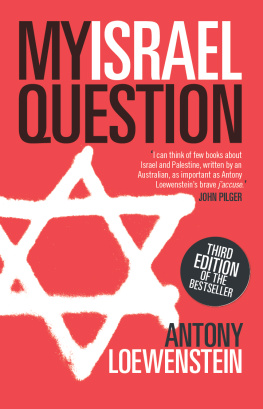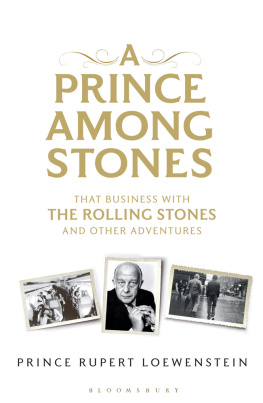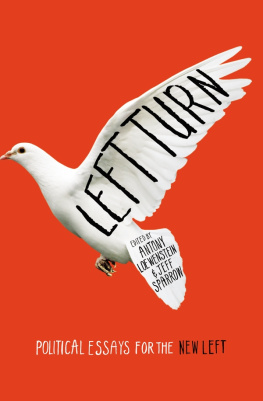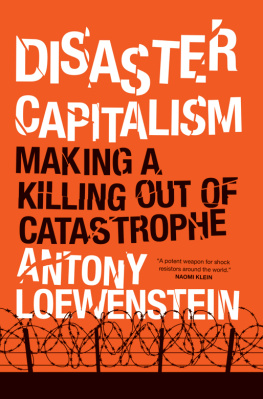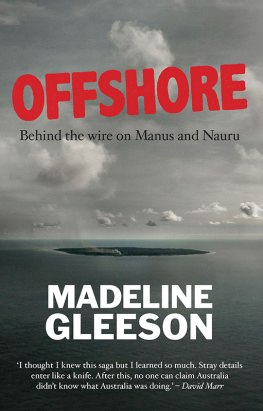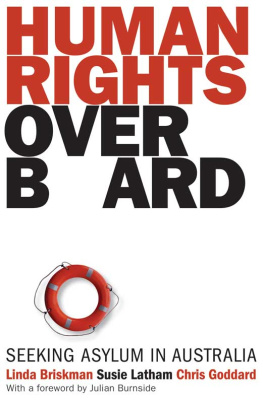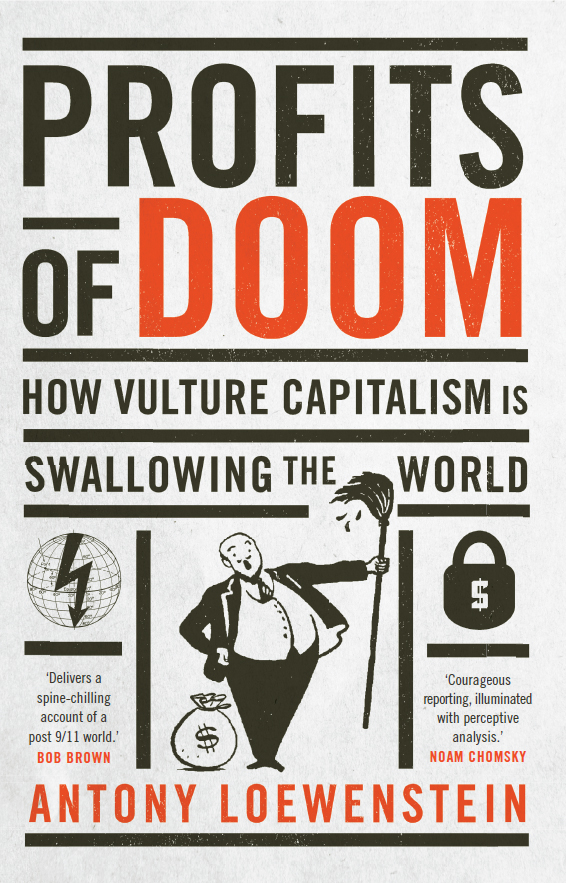PRAISE FOR PROFITS OF DOOM
The competition for the most depraved example of the predatory state capitalism of the Reagan-Thatcher neoliberal era is fierce. In this chilling study, based on careful and courageous reporting, and illuminated with perceptive analysis, Antony Loewenstein presents many competitors for the prize, while also helping us understand all too well the saying that man is a wolf to man. NOAM CHOMSKY, Institute Professor at MIT and Professor of Linguistics and Philosophy, political activist and author
Profits of Doom nails the mad idea that the drive for profits will create global wellbeing. Antony Loewenstein delivers a spinechilling account of the post 9/11 world taken over by vulture capitalism and its political cronies. And this is what we are voting for. BOB BROWN, former leader of the Australian Greens and director of Sea Shepherd
Antony Loewensteins Profits of Doom is a powerful indictment of the corporations and governments across the globe whose unquenchable thirst for resources and power threaten the stabilityperhaps even the very existenceof the planet. Loewenstein is no armchair academic or cubicle journalist. The stories in this book are the product of years embedded, in military and economic warzones, with the disempowered of the world, the people from Pakistan to Papua New Guinea and beyond who have the audacity and bravery to fight back against all odds. Loewensteins keen sense of justice is evident on every page of this book as he gives voice to the voiceless and confronts the powerful. Profits of Doom is a devastating, incisive follow-up to Naomi Kleins The Shock Doctrine. JEREMY SCAHILL, international best-selling author of Dirty Wars and Blackwater
A great exercise in joining the dots, on essential terrain that too often is ignored. At a time when rapacious private interests campaign to destroy government so they can cash in on its absenceLoewenstein reports from the frontline in an insidious war. PAUL McGEOUGH, author of Kill Khalid and chief foreign correspondent for The Sydney Morning Herald
In Australia, so often bereft of voices of dissent and courage, Antony Loewensteins tenacious work stands out. Profits of Doom is a journey into a world of mutated economics and corrupt politics that we ignore at our peril. JOHN PILGER, independent, investigative journalist, author and documentary film-maker
PROFITS OF DOOM

MELBOURNE UNIVERSITY PRESS
An imprint of Melbourne University Publishing Limited
1115 Argyle Place South, Carlton, Victoria 3053, Australia
www.mup.com.au
First published 2013
Text Antony Loewenstein, 2013
This edition published 2014
Design and typography Melbourne University Publishing Limited, 2013
This book is copyright. Apart from any use permitted under the Copyright Act 1968 and subsequent amendments, no part may be reproduced, stored in a retrieval system or transmitted by any means or process whatsoever without the prior written permission of the publisher.
Every attempt has been made to locate the copyright holders for material quoted in this book. Any person or organisation that may have been overlooked or misattributed may contact the publisher.
Text design by Megan Ellis
Cover design by Design by Committee
Typeset by Cannon Typesetting
Printed in Australia by McPhersons Printing Group
National Library of Australia Cataloguing-in-Publication entry:
Loewenstein, Antony, author.
Profits of doom / Antony Loewenstein.
9780522866827 (pback.)
9780522867237 (ebook.)
Capitalism.
Contracting out.
Globalization.
Non-governmental organizations.
International business enterprises.
Mines and mineral resources.
330.9
To those who resist injustice
CONTENTS
AUTHORS NOTE, 2014
T he Wall Street Journal was ecstatic. Australia and New Zealand rank among the global leaders in privatisations this year [2013], journalist Gillian Tan gushed, raising billions of dollars as lawmakers seek to cut debt and plug budget deficits. The article continued with a quote from Marcus Fanning, head of Australian equities at Colonial First State Global Asset Management, who said, The market is positively disposed to privatisations.
The story, like so many others published in the last twelve months, positions privatisations as a necessary and healthy progression in society. No questions. No alternative opinions. No mention of the workers who lose their jobs in the process, nor the reduction in services for communities. No discussion of the human rights abuses, which result in systems that reward secrecy.
The market speaks and the market rules.
Except when it doesnt. During the years I spent researching this book, first published in 2013, I aimed to investigate global and Australian cases where vulture capitalism had led to unaccountable deaths, security breaches, pollution, misplaced aid, destructive mining and assassinations. All this in the name of greater efficiency and the apparent need for less state control of our lives. Its a weird kind of freedom that enriches an ever-increasing elite at the expense of the majority.
Its no wonder that the vast bulk of Americans said, in late 2013, according to the Pew Research Center, that there was a growing gulf between rich and poor.citizens. As the Occupy movement rightly claims, the 1 per cent of US power brokers are doing very nicely, indeed.
A key aim of this book is to raise awareness of the incestuous links between multinationals and states and the guaranteed loss of accountability that comes with those links. Immigration detention is big business in Australia, Britain, America and beyond, and the last twelve months has seen increasing public outrage at the ways in which successive Australian governments, of both the Labor and Liberal parties, outsource their responsibilities to corporations with no financial incentive to take good care of staff and detainees. Its a phenomenon that I document here. It is a warning against this policy.
The election of conservative Australian Prime Minister Tony Abbott in 2013 saw an acceleration of sending refugees to remote and inaccessible Pacific islands away from the glare of media scrutiny. Papua New Guineas (PNG) Manus Island and the country of Nauru have become prison camps for detainees: individuals are locked up for indefinite periods of time with poor conditions. At least five major companies are making huge profits in the process. Immigration Minister Scott Morrison initiated the Orwelliansounding Operation Sovereign Borders to stop the boats from arriving on Australian shores. At the time of writing he had been successful in this mission but the human toll was high, including mental and physical trauma for the countless asylum seekers stuck in indefinite limbo in detention.
The worst example of this agony was when an Iranian asylum seeker, Reza Barati, was killed and dozens injured during unrest at the Manus camp in February 2014. The exact nature of his death is unclear but other refugees told an inquiry that he was thrown off a balcony and then beaten to death, possibly by a staff member from the British company G4S (contracted by the Australian Government to run the centre), or assaulted by the PNG police.


